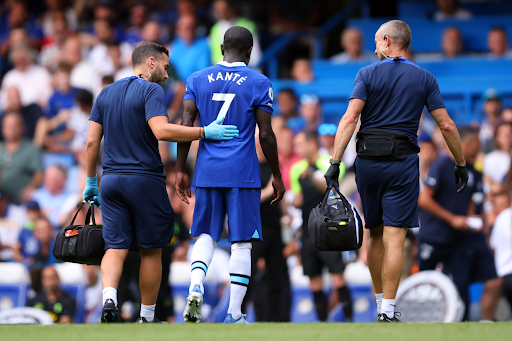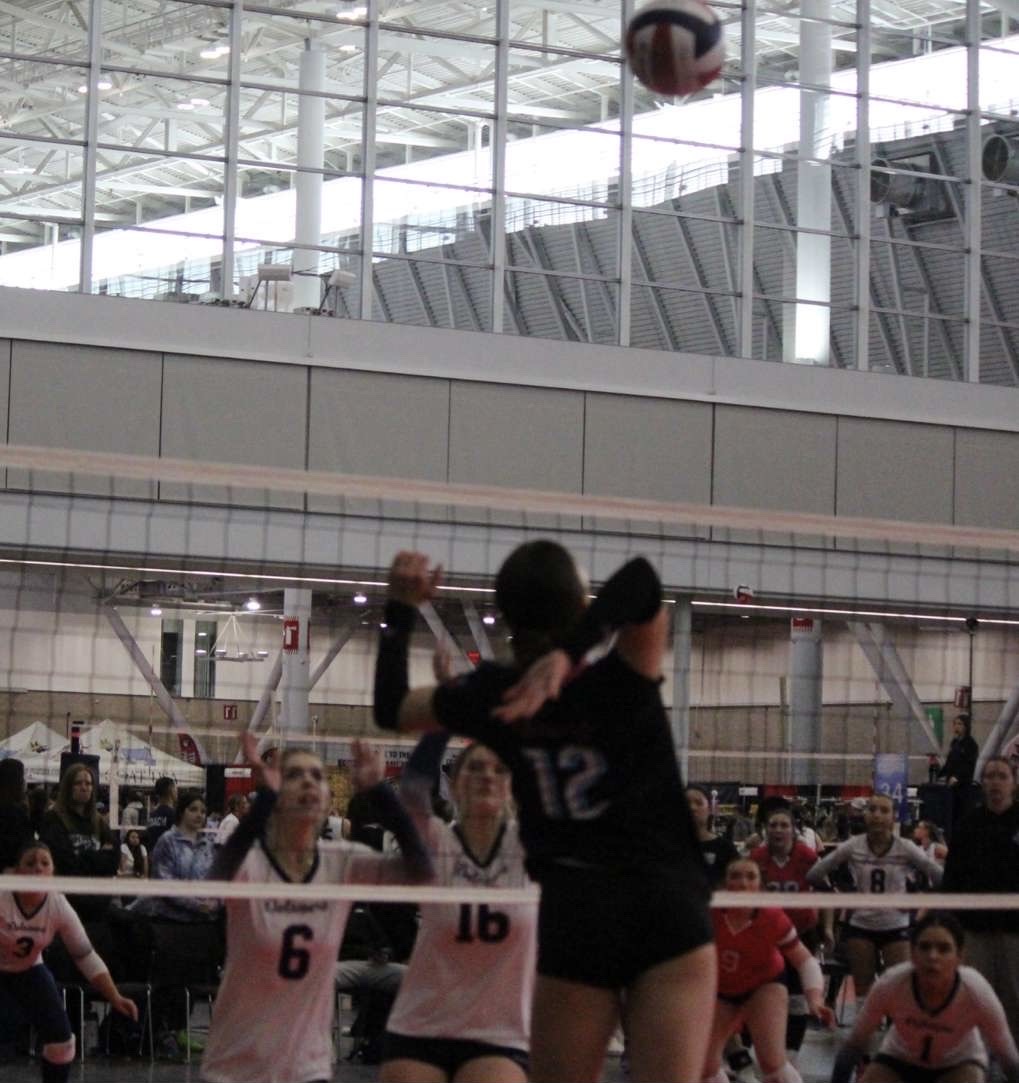
The staple tournament of international soccer, the FIFA World Cup, has been held in the summer once every four years since its inception. However, this year, in order to accommodate the environment of the host nation, Qatar, the tournament was delayed until November, and players are suffering as a result of this decision.
With each passing week, more and more crucial players are expected to miss out on the competition due to injuries. The World Cup has been thrown into the middle of the regular club soccer season, condensing its schedule. Consequently, players are being asked to play a greater number of games in a shorter period of time right as the tournament is set to begin, increasing the strain on their bodies and their susceptibility to injury.
Thus, as the World Cup approaches, key players to their respective nations such as N’Golo Kante, Paul Pogba, Timo Werner, Giovani Lo Celso, and Reece James — among many others — are picking up nasty injuries. These injuries come not only from an increased frequency of games, but also from a heightened importance of those games.
When the World Cup was held in the summer, the matches leading up to it were the last of the season, carrying very little weight. So, players could afford to restrain themselves a bit when going into a hard tackle. However, with the postponement of the tournament, the matches leading up to it are now arguably the most important of a team’s season.
Qualification for the Champions League, along with other competitions, is on the line in many of these games. As Rory Smith says in an article for the New York Times, “The consequences of not making that sprint, of not going for that tackle, could yet be considerable. This is a time when taking risks still comes with a reward.”
Furthermore, injuries have much more dire consequences now because there is a shorter amount of time for players to recover. According to SportingNews, “[T]hese players had several weeks to recover prior to the tournament’s kickoff, but this time around there is little time between the break from club play and the start of the World Cup.” The break from club play is set to begin on Nov. 14 and the first match of the World Cup will be held on Nov. 20.
Normally, if a player were to pick up an injury in one of the final games of the regular season, they would have weeks to rest and work with professional trainers in order to return to fitness in time for the tournament. However, now, players are afforded just six days for this purpose.
Many of the decisions that FIFA has made in order to make a World Cup in Qatar plausible have caused skeptics to wonder whether FIFA should have simply changed the host nation. But, FIFA has been so steadfast in their efforts due to a promise they made to bring the World Cup to the Middle East by the year 2030.
However, with it being the most popular sporting event in the world, it seems fairly straightforward that FIFA’s priority should be maintaining the integrity of the competition and the wellbeing of its players. Playing a tournament consisting of teams without their star players diminishes much of its competitiveness and greatly detracts from the spectacle that is the FIFA World Cup.








